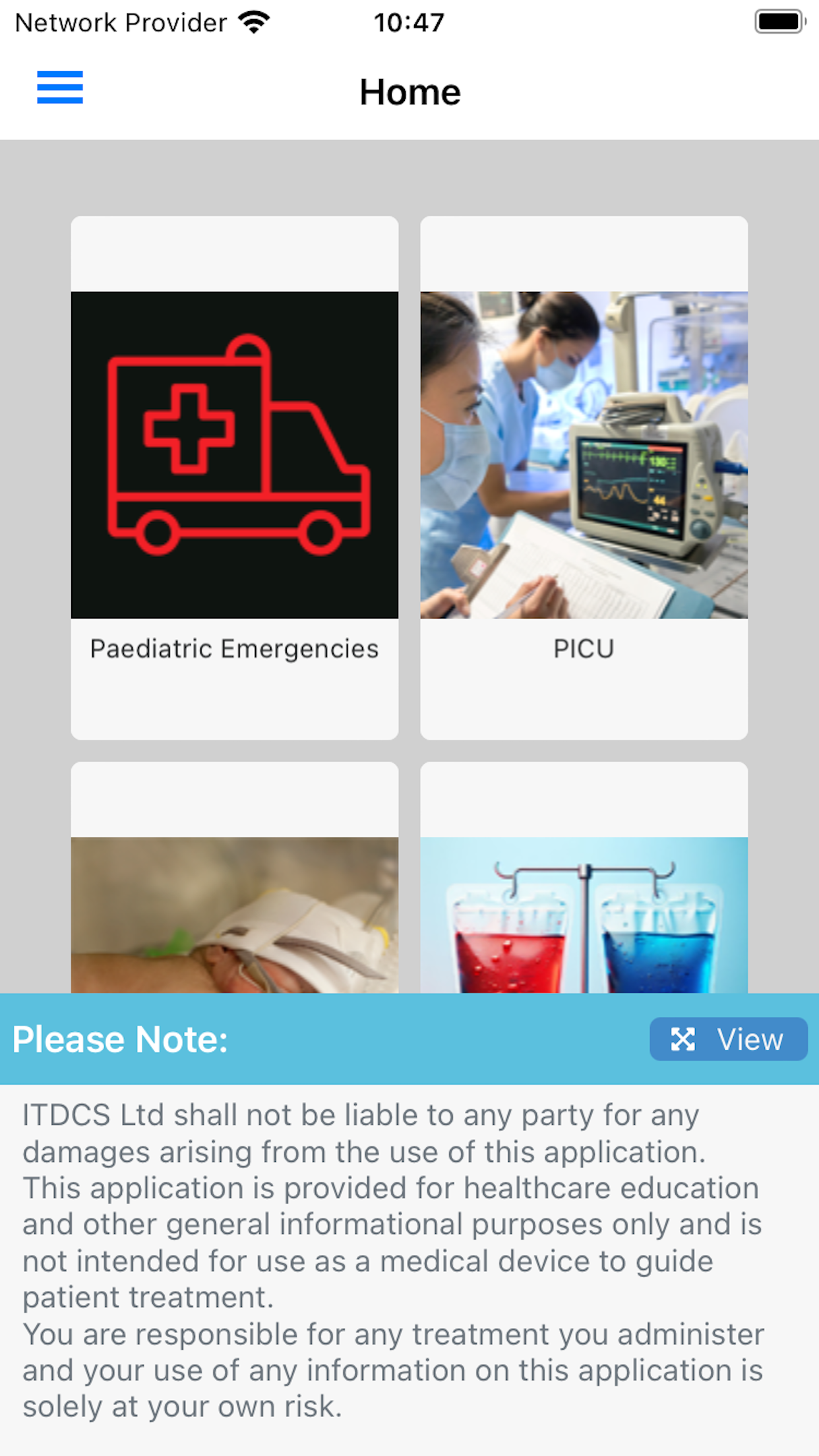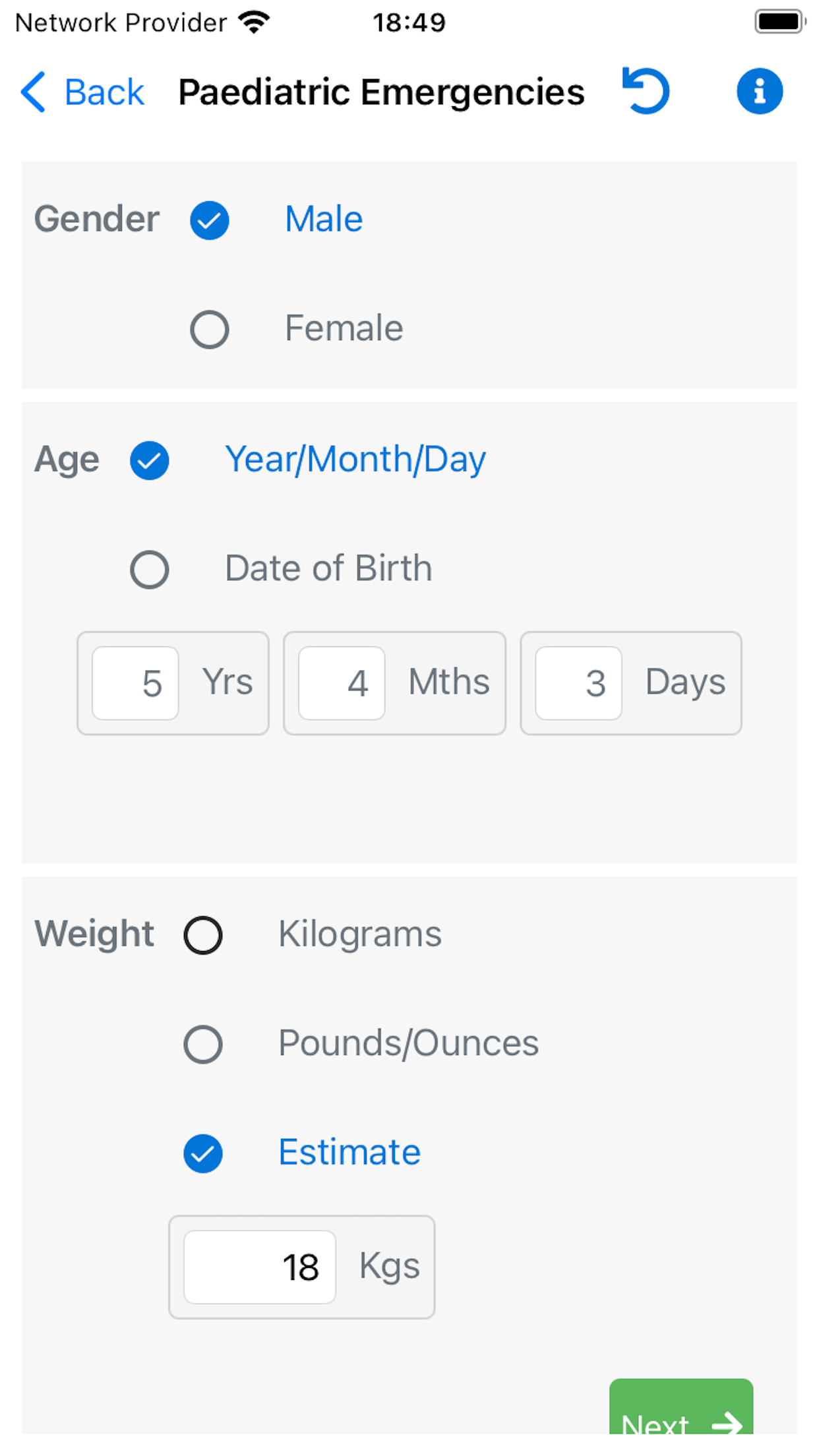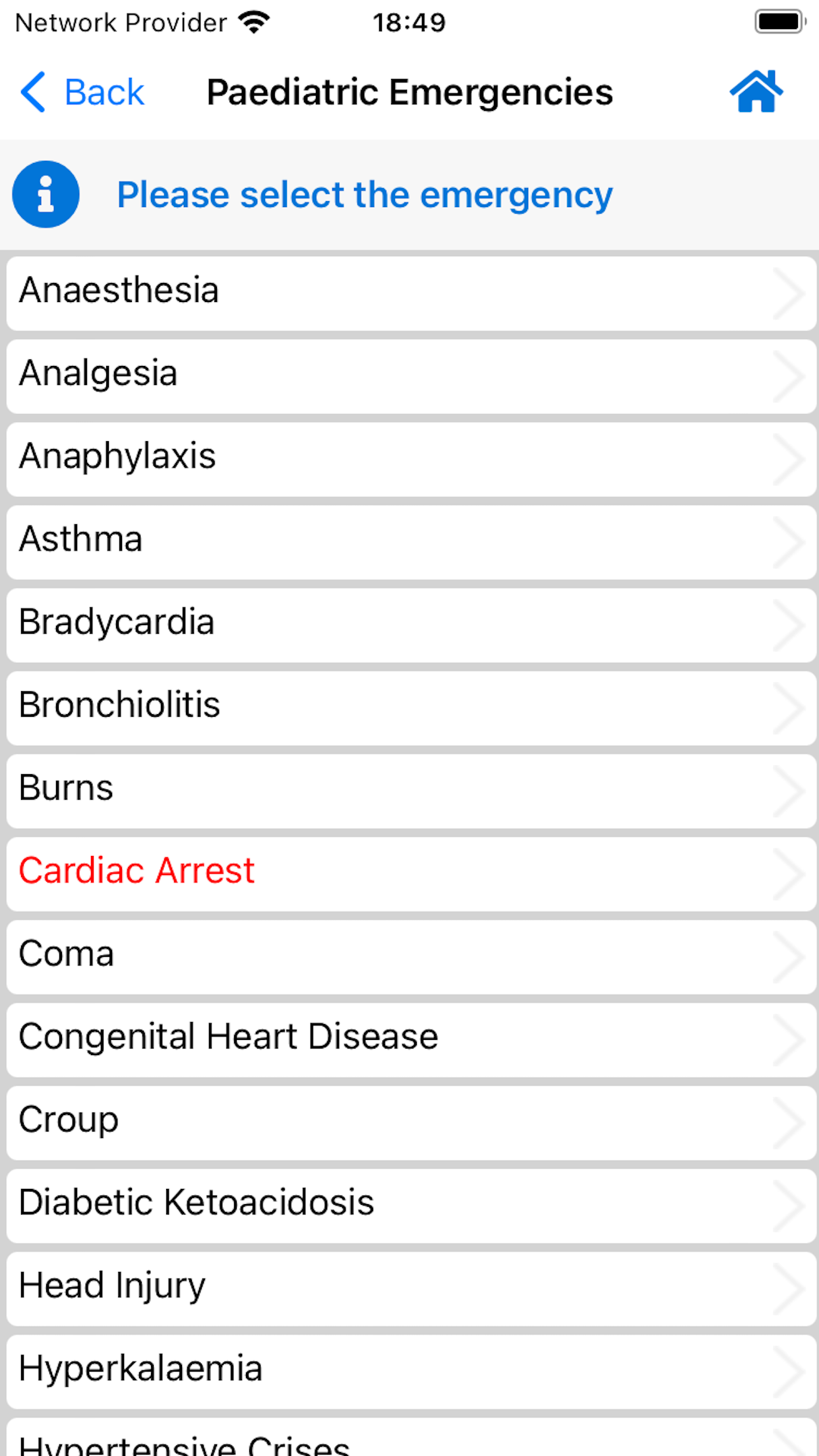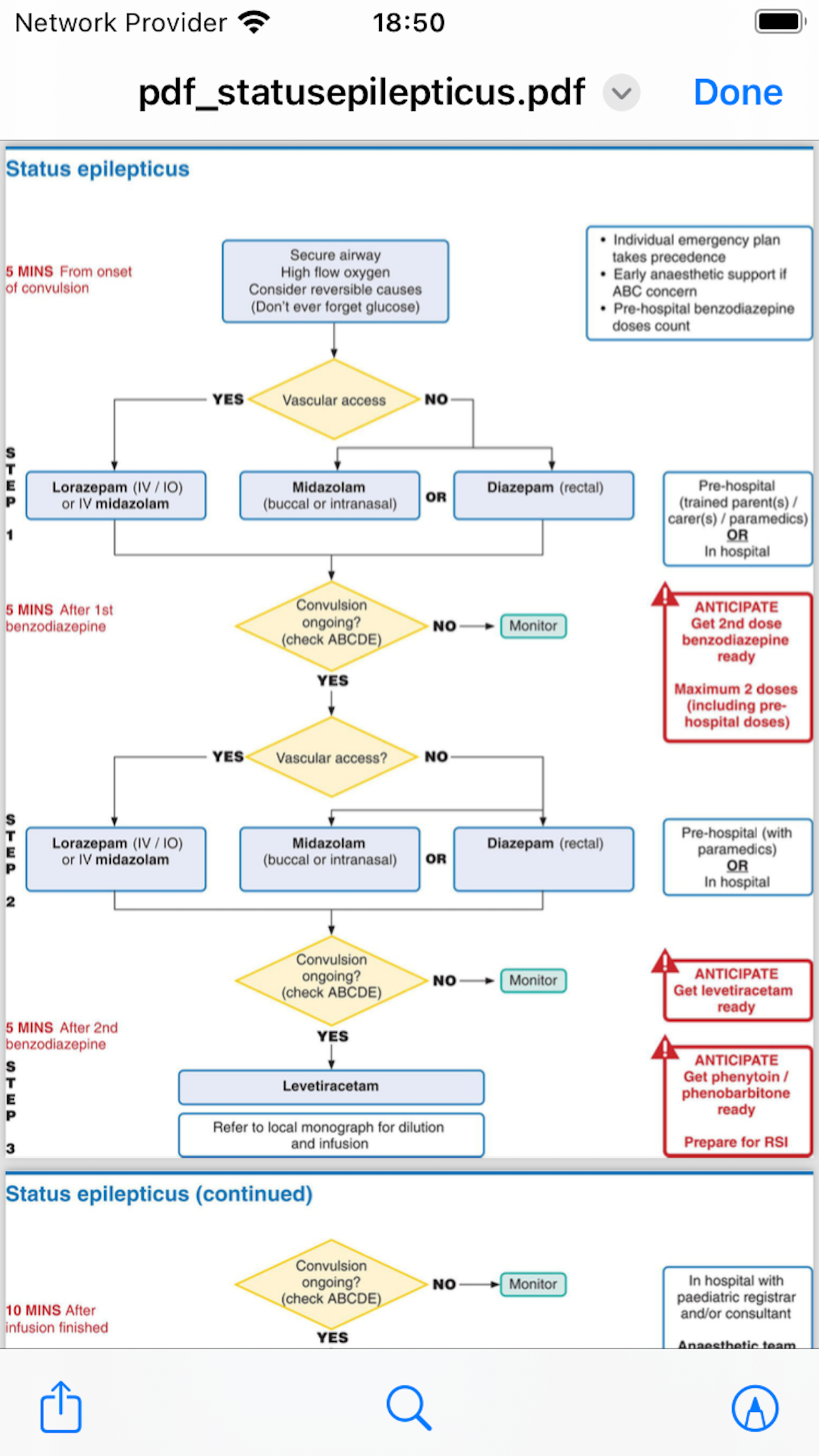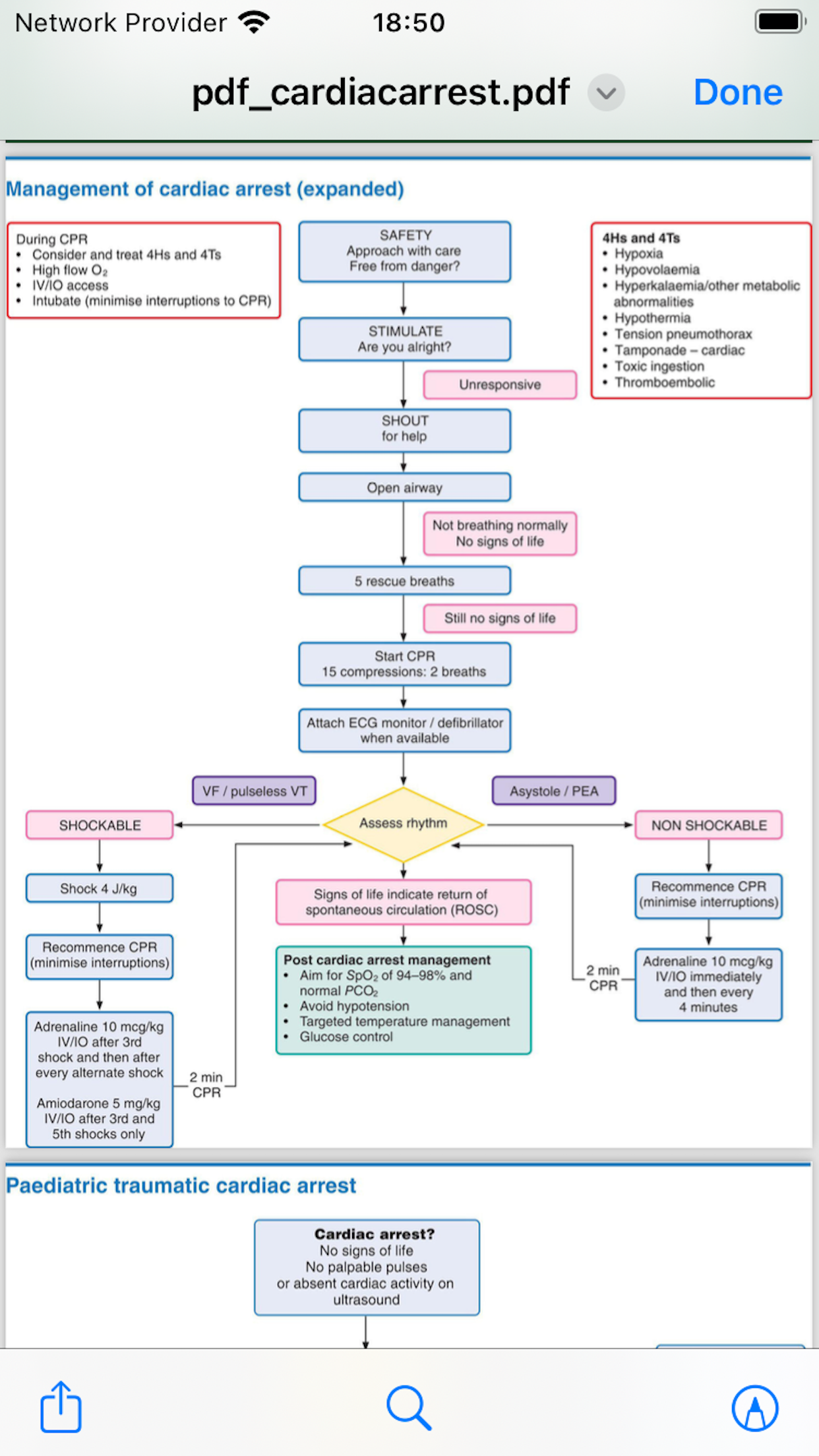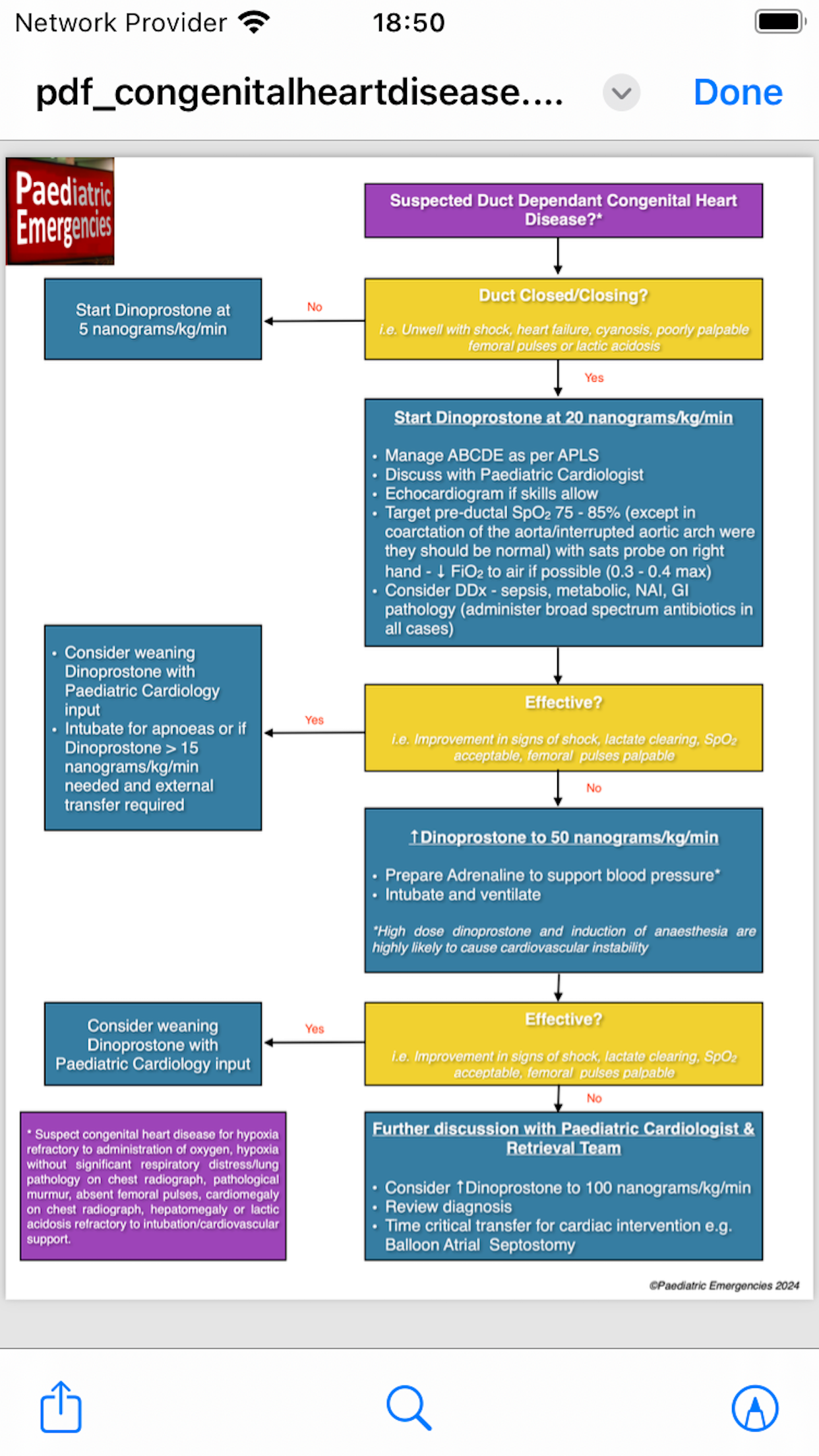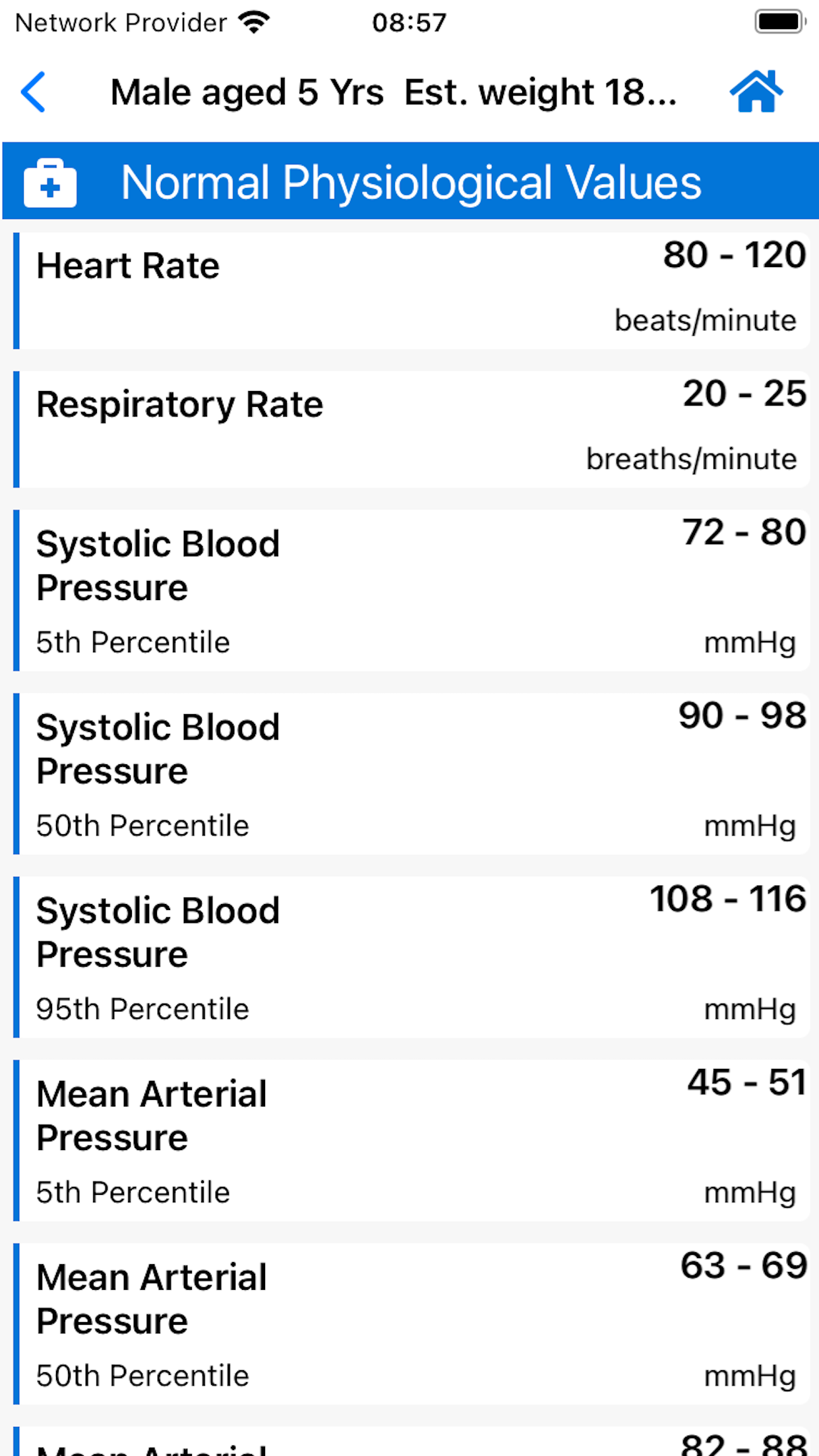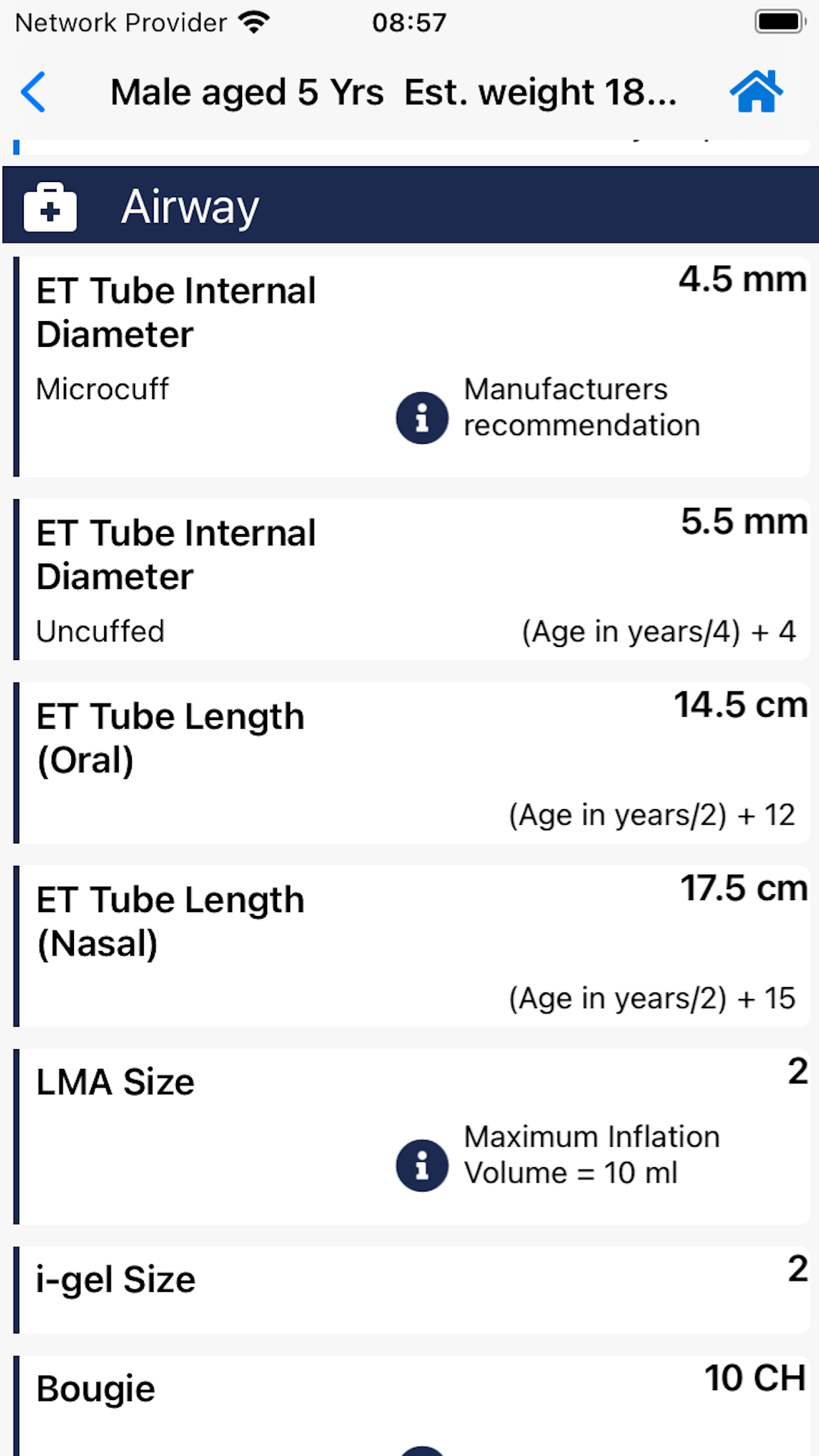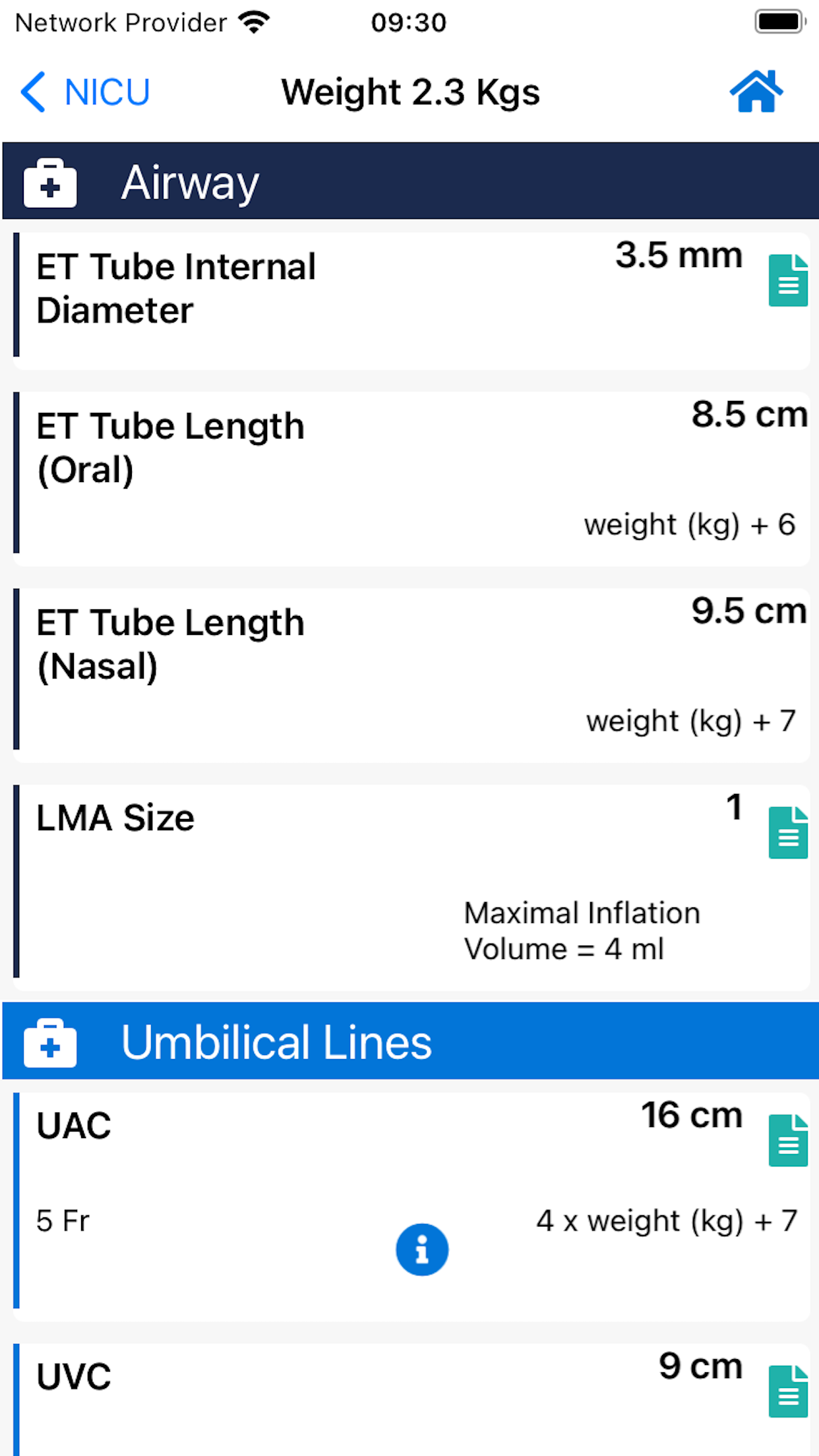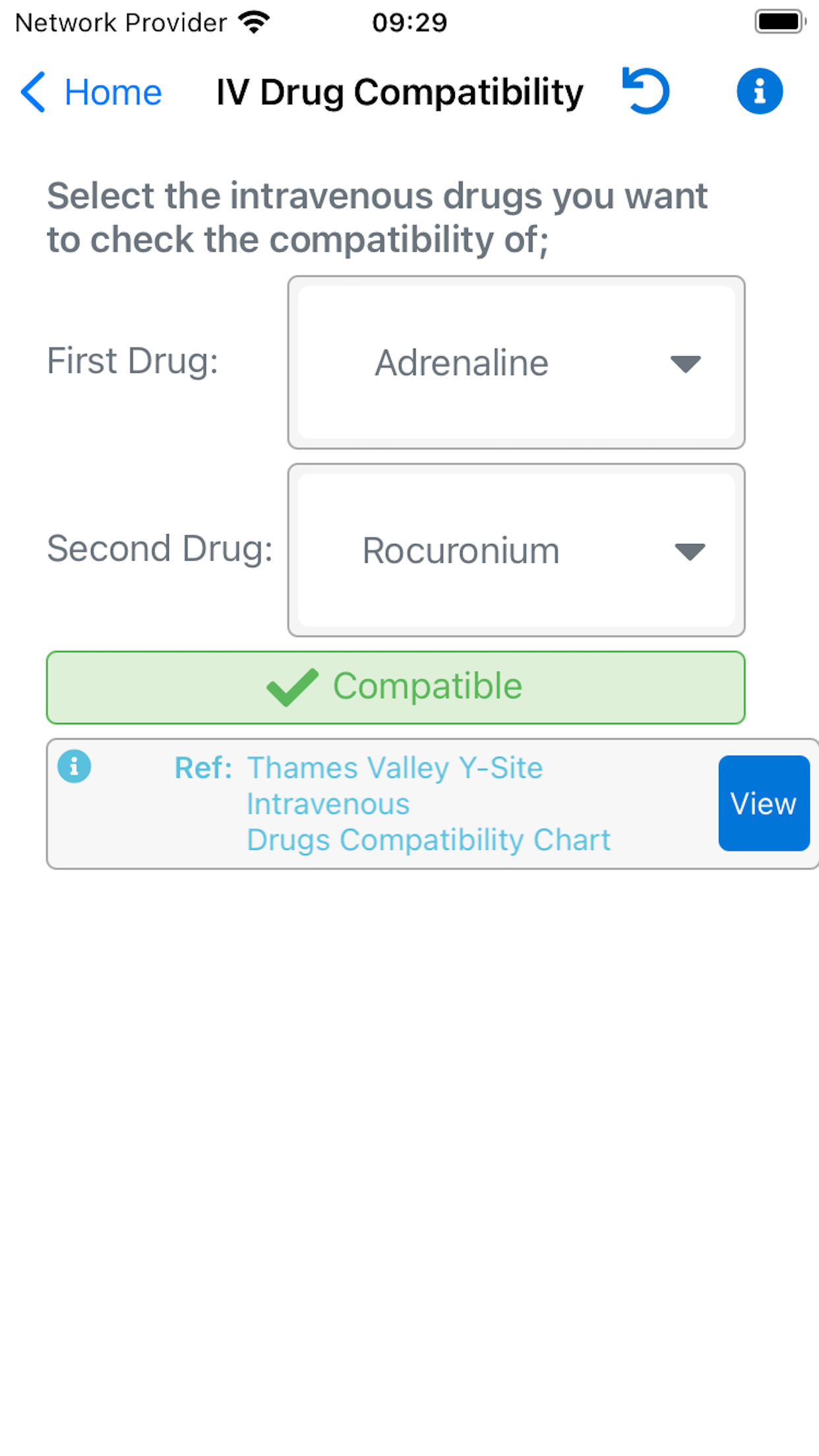We can provide the Solution
ITDCS has been developing high quality bespoke software since 1999. We help by developing new applications, re-engineering existing ones or adding additional functionality.
Our aim is to help by completing on time, to specification and within budget.
ITDCS has focused on developing bespoke software for clients within Ireland.
Products
Paediatric Emergencies Guide

Introduction
Description
Screen Shots
Frequently Asked Questions
Q Why did the disclaimer message appear this morning?
A. The disclaimer message will appear every 3 months just to remind you of the terms and conditions of using the application.
Q. When I change the orientation from portrait to landscape how do I get the topic text to expand. ?
A. To get the topic text to expand simply tap the screen and the text will automatically expand or contract to fit the screen.
Support
We hope that you do not encounter any problems when running this application but in the event of this occurring we would like you to register a support request. To register a support request or to contact us about anything regarding the application , please complete the product Support Request Form.


